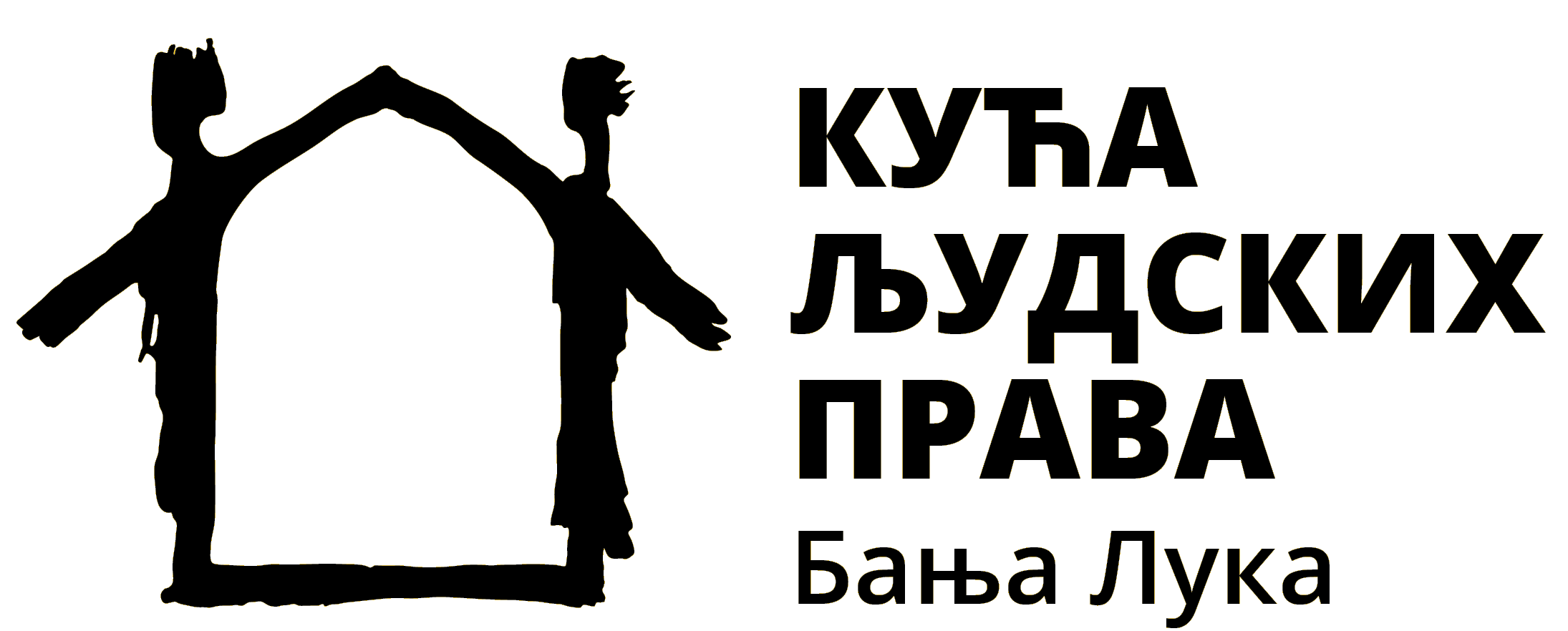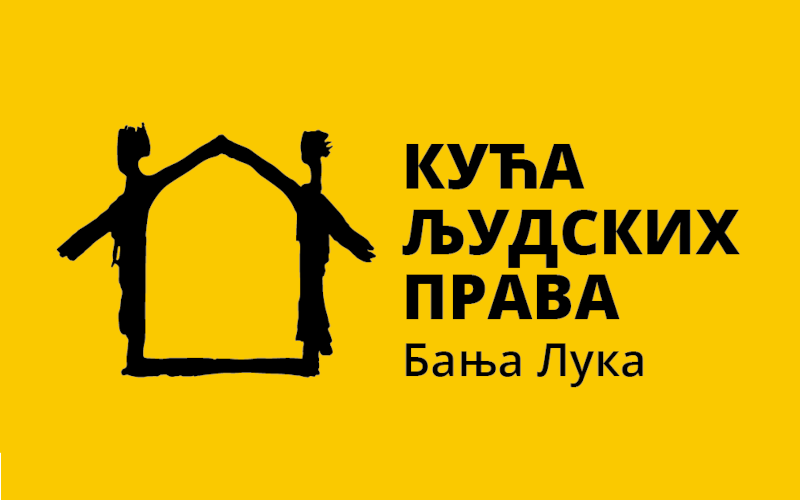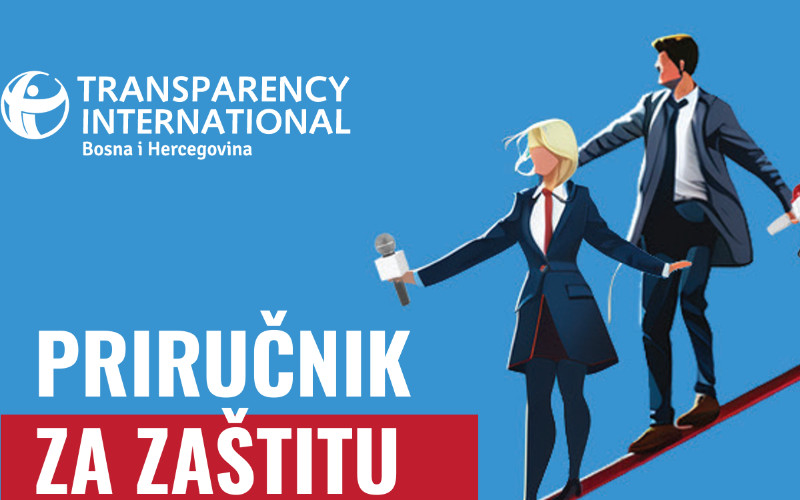The report on gender-based discrimination (GBD) in the field of labour in Bosnia and Herzegovina is the second report published within the framework of a regional initiative aimed at addressing the issue of gender discrimination on the labour market in six countries of the Western Balkans.
The research combined various methods, including a literature review, legal analysis, an online survey, interviews with relevant protection mechanism and in-depth interviews with women who experienced such discrimination at work or in employment. The interviews reflect the real situation when it comes to the presence of various forms of GBD in the labour market, such as sexual harassment, gender-based harassment or mobbing, as the most common form of discrimination in the workplace.
In addition, the research identifies poor knowledge of basic labour rights and general inconsistency in the application of legal regulations that control GBD in the workplace, as well as a lack of jurisprudence in solving GBD cases in the field of labour.
Similar to the report from 2019, repeated research shows that awareness of the existence of GBD is extremely low, and that poor knowledge of the laws and regulations regulating this area refers to both employees and employers. This is reflected in the identification, reporting and processing of GBD cases. In general, there is little data on complaints about discrimination in BiH for various reasons: justified fear of reporting discrimination, lack of awareness of what discrimination is and how to proceed after contacting the competent institutions. A serious problem in the detection of GBD is the low number of recorded cases of gender-based discrimination in the competent judicial institutions and the lack of statistical data in this area.
An extremely complicated system of jurisdiction and a huge number of laws at different levels make the legal framework in BiH related to gender discrimination in employment rather fragmented and inconsistent. Most court proceedings in this area are conducted in accordance with entity labour laws which indicate insufficient understanding and implementation of the Law on Prohibition of Discrimination of BiH and the Law on Gender Equality of BiH, as well as disparity with labour laws in general. In addition, lengthy and exhausting proceedings further discourage victims from reporting gender-based discrimination in the workplace.
On the other hand, the almost non-existent jurisprudence represents another challenge in the processing cases of discrimination.
The COVID-19 pandemic has further complicated the position of women on the labour market, especially in the sectors where women are most represented (the service sector and the textile and footwear sector). Institutions of free legal aid and public mediators in labour disputes, due to legal restrictions, do not have the authority to peacefully resolve such cases, and it could speed up the resolution of disputes or, possibly, omit court proceedings, if the parties come to an agreement.
The report welcomes the efforts of civil society organizations that have provided legal assistance in their communities to women whose labour rights have been violated during the pandemic, and there has been a significant increase in organizations that have increased their capacity for these purposes. The biggest challenge remains trust in trade unions and greater promotion of the legal assistance that trade unions provide, as well as the establishment of cooperation between trade unions and civil society organizations operating in the field of GBD on the labour market.
The publication is available at: Gender-Based Discrimination and Labour in BiH 2018-2020
The English version of the publication is available at: Gender-Based Discrimination and Labour in BiH 2018-2020



